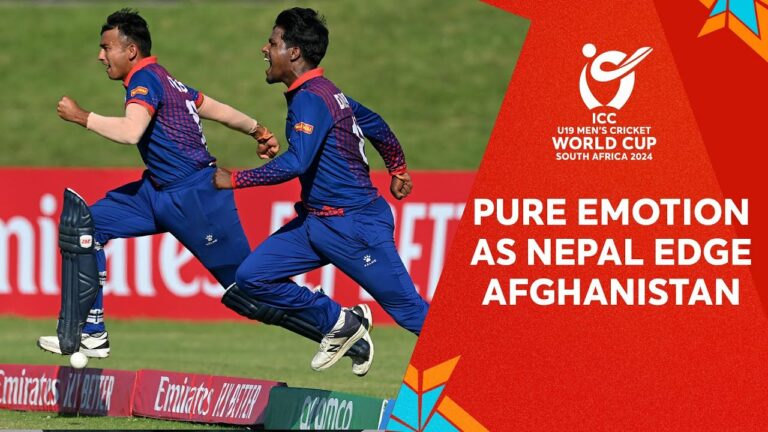Exploring Cricket’s Role in Building Stronger National and International Bridges
Lotus365, Gold365: Cricket, with its roots tracing back to the 16th century, has a rich historical tapestry that intertwines with the evolution of society. The sport’s origins in England and subsequent spread to various parts of the British Empire signified more than just a recreational pastime; it became a symbol of power, class, and colonial influence. As British colonizers introduced cricket to different regions, it served as a tool for social control and cultural assimilation, reflecting the imperial ambitions of the time.
Throughout history, cricket has been a mirror reflecting the shifting dynamics of society. From being a game played exclusively by the elite to becoming a sport embraced by people of all classes, cricket has witnessed numerous transformations. By transcending social barriers and evolving with the times, cricket embodies the nuanced interplay between tradition and modernity, showcasing how a seemingly simple game can embed itself deep within the fabric of history.
The Cultural Impact of Cricket on Society
Cricket, a sport deeply rooted in tradition and history, has transcended its origins to become a significant cultural force in society today. With its widespread popularity across diverse communities and nations, cricket has the unique ability to bring people together, bridging cultural divides and fostering a sense of unity among individuals of different backgrounds. This shared passion for the sport creates a common ground for people to connect and bond, promoting social cohesion and understanding among communities.
Moreover, cricket serves as a platform for cultural exchange and expression, allowing individuals to showcase their heritage and identity through the sport. From the colorful team uniforms to the rituals and traditions associated with the game, cricket offers a canvas for cultural celebration and pride. By embracing the diversity of its players and fans, cricket not only promotes cultural appreciation but also encourages inclusivity and respect for different traditions and customs. In this way, cricket plays a vital role in shaping the cultural fabric of society, fostering a sense of belonging and shared identity among its participants.
Cricket as a Unifying Force Among Nations
Cricket has long been regarded as a sport that transcends borders and brings people together from various nations. The game’s ability to foster camaraderie and mutual respect among different countries has made it a powerful unifying force in the global arena. Through friendly matches and international tournaments, cricket provides a platform for nations to set aside political differences and engage in healthy competition on the field.
The passion and enthusiasm for cricket are evident in the way fans from different countries come together to support their teams during international matches. This shared love for the sport creates a sense of belonging and solidarity among nations, fostering a sense of unity and common purpose. As cricket continues to evolve and grow in popularity around the world, its role as a unifying force among nations becomes increasingly pronounced, showcasing the sport’s unique ability to bridge cultural divides and promote international cooperation.






